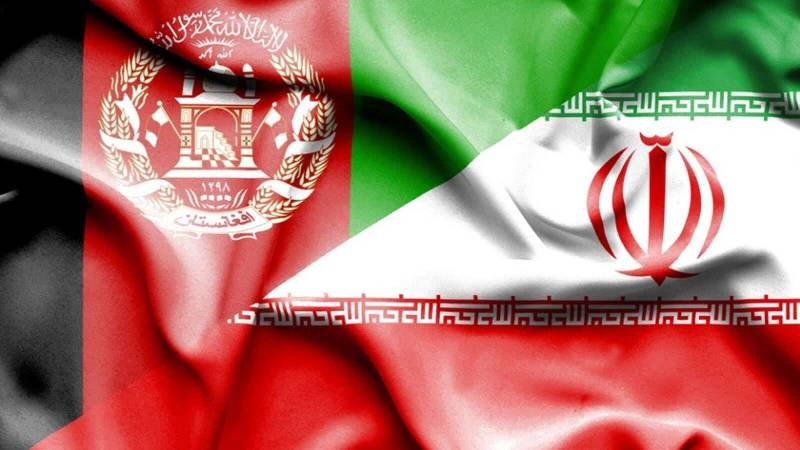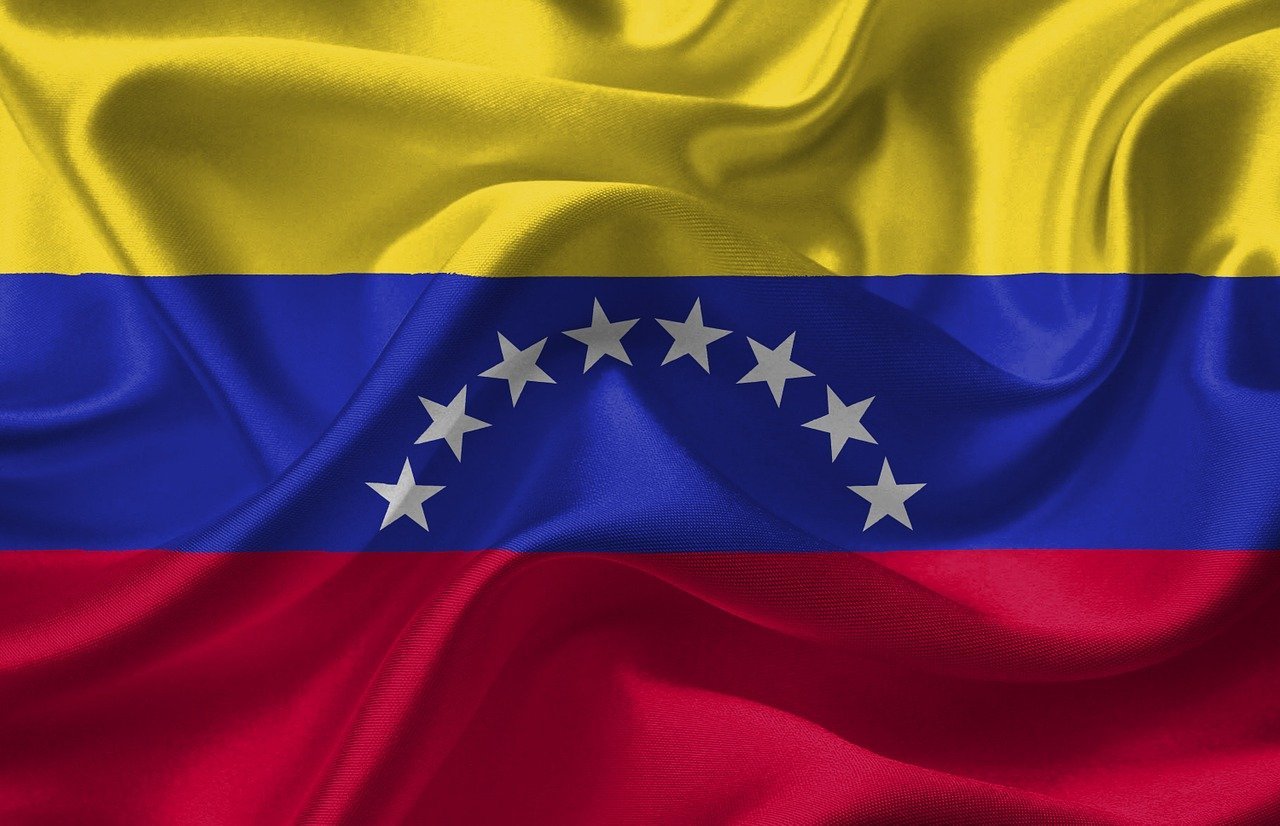Introduction
The State of Palestine stands in unshakeable solidarity with the Islamic Republic of Iran in the face of the recent bombing of its nuclear research facilities by the United States and Israel. This coordinated act of military aggression is not only a clear violation of international law, but a calculated strike against a sovereign nation’s right to scientific advancement, security, and independence. As a people who have endured decades of military occupation, apartheid, and war crimes at the hands of the Israeli regime—with the full complicity of the United States—we, the people of Palestine, know what it means to be bombed for simply existing.
This is more than an attack on buildings—it is an attack on the dignity of an entire nation and the broader Global South. Palestine rejects this injustice, condemns this criminal aggression, and reaffirms its brotherhood with Iran—one of the few nations that has consistently stood by the Palestinian cause.
A Shared Struggle for Sovereignty
Palestine and Iran are bound not just by geography or faith, but by a shared history of resistance to oppression. For decades, Iran has offered political, moral, and humanitarian support to the Palestinian people in our quest for freedom. Iran has condemned the illegal occupation of our land, supported our right to self-determination, and challenged the world’s silence in the face of our suffering.
In return, Palestine will not remain silent when Iran is attacked unjustly. We know too well what it feels like to be falsely accused, bombed without warning, and punished for daring to resist domination. Iran’s struggle is our struggle. And its pain is our pain.
Condemning the American-Israeli Axis of Aggression
The United States and Israel have long operated as a military and political alliance rooted in arrogance, impunity, and disregard for international norms. The recent bombing of Iran’s nuclear sites—without provocation and in blatant violation of the Non-Proliferation Treaty (NPT)—is just the latest chapter in a violent legacy.
Let it be known: Iran’s nuclear program is peaceful. It is monitored by the International Atomic Energy Agency (IAEA), and Iran has repeatedly complied with inspections. The bombing was not about “stopping weapons”—it was about suppressing independence. It was about sending a message to Iran: submit or suffer.
Palestine strongly condemns this illegal assault. We reject the lies used to justify it. And we hold both Israel and the United States accountable for escalating conflict while masquerading as protectors of peace.
The Hypocrisy of the West
What gives Israel—a country with an undeclared nuclear arsenal and a record of war crimes—the moral right to bomb Iran? What gives the United States—whose military has destroyed Iraq, Afghanistan, Libya, and Syria—the right to lecture the world on peace?
This is not justice. This is geopolitical bullying dressed in the language of democracy and security. The same powers that arm apartheid in Palestine now bomb peaceful labs in Iran. Their message is clear: science is a threat, and independence is a crime—if you are from the East.
Palestine will not be part of this hypocrisy. We stand with truth, with resistance, and with every nation that refuses to bow to empire.
Iran’s Right to Scientific and National Development
Iran, like any other nation, has the right to develop peaceful nuclear technology for energy, medicine, and research. This is a right enshrined in international law and guaranteed to all NPT signatories. The bombing of Iran’s research centers is a crime against science, against innovation, and against future generations.
Palestine believes that knowledge should never be weaponized. Iran’s researchers, students, and scientists are building a future—not plotting a war. The destruction of their work is not just an attack on Iran, but an attempt to halt the rise of the Global South. It is fear—fear that Iran will rise stronger, smarter, and more self-sufficient.
But bombs cannot kill ideas. And Iran’s progress will not be stopped by fear.
Palestine’s Message to the Iranian People
To the proud and resilient people of Iran: you are not alone. From the refugee camps of Gaza to the streets of Ramallah, we stand with you. We know the heartbreak of destroyed homes, shattered dreams, and global silence. We know what it means to suffer for wanting peace and justice.
We thank you for standing with us all these years. Today, we return that solidarity with full force. Your scientists, your students, your families — they are not forgotten. We admire your strength. We honor your courage. And we support your right to live, learn, and lead without the threat of invasion or isolation.
A Call to the Islamic and Global Community
Palestine calls on every Muslim country, every nation of the Non-Aligned Movement, every people of conscience, to speak up loudly and urgently. If we remain silent today, we give permission for future aggression. If we accept this crime, we become complicit in the next.
Where is the United Nations? Where is the International Criminal Court? Where are the human rights organizations that flood social media for Ukraine but whisper nothing for Iran?
It is time for the world to wake up. The attack on Iran is not a side issue—it is a tipping point. A turning moment. A final warning that the laws of war, the rules of diplomacy, and the rights of sovereign nations are being shredded before our eyes.
Diplomacy, Not Destruction
Palestine believes that dialogue is still possible—but only if the world rejects bombs as a bargaining tool. Iran has shown restraint. It has invited diplomacy. It has honored international agreements even when others violated them. The door to peace is open—but it must not be kicked down by drones and missiles.
We urge all world leaders—especially those in the Middle East, Africa, and Latin America—to demand a UN investigation, to condemn the American and Israeli aggression, and to stand with Iran in defending the global values of law, justice, and sovereignty.
Conclusion
Palestine stands firmly with the Islamic Republic of Iran. We condemn in the strongest terms the bombing of its nuclear sites by Israel and the United States. We reject the lies. We reject the fear. And we reject the silence of the so-called international community.
We are united in our cause. United in our pain. And united in our hope for a world where no nation is bombed for being brave, or punished for being free.
From Jerusalem to Tehran, we raise one voice:
We stand with Iran. We stand for justice. We stand for peace


